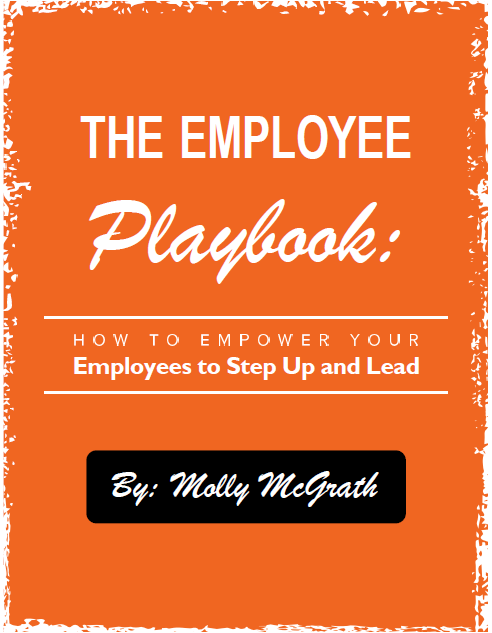
The protests sparked by the tragic deaths of George Floyd, Breonna Taylor, and Ahmaud Arbery—amongst others—provide the US an opportunity to reckon with its long history of racial oppression. Black Americans and their many allies are peacefully—yes, peacefully—demanding we awaken to the fact that racial inequality is all-too-often enforced by the very institutions purporting to protect communities from violence, namely police departments and the governments which fund them.
Racist policing practices are, of course, but an expression of a system designed to discriminate. However vital it may be to revise the roles police officers play, doing so in itself will not bring about systemic change. That can only happen when institutions big and small commit to reformations aimed not only at nurturing anti-racist practices, but at initiatives which dismantle discrimination on the basis of nationality, ancestry, creed, religion, sex, sexual orientation, gender expression or identity, and disability, too. The office is one such institution.
Naturally, listening to leaders of marginalized communities is the best way to learn about how to do this. Right now, we need to turn our attention to Black Americans. Critically, we also need to act. Just as companies taking proactive, supportive, and transparent steps to address the Covid-19 pandemic are those best-positioned to bounce back strong, so too will those that react affirmatively to the call for racial justice be best best-positioned to remain industry leaders.
Take Time to Reflect
We’ll be the first to acknowledge that we have a lot to unlearn. Most of us do. Before you can take meaningful steps to address racial injustice in your office, you need to acknowledge how it arrived there in the first place.
- Ask about your own internalized biases.
- Consider how seemingly-benign practices such as prioritizing education over experience or asking a job applicant about their commute reinforce racial discrimination.
- (Re)define both your personal and professional values; seek to apply a human lens.
- Think beyond diversity to inclusivity.
Communicate Company Values to Your Employees
Now is the time for strong leadership. More than ever, people nation-wide acknowledge that the US has a problem with racism. Should you maintain integrity in the eyes of your team, you need to be the first to recognize that you company does, too. The fact that anti-racism initiatives remain in their infancy testifies to this. Everyone, but especially white people and white-run companies, have work to do.
- Meet discomfort head-on. Borrow from Neil Blumenthal, co-founder and co-CEO of Warby Parker, who in pledging $1 million to organizations fighting racism stated, “As a leader and a white male, racism is not a subject that I’m as comfortable speaking about as many others, but my comfort level and my vocabulary can’t limit the amount that I speak to it, and can’t limit the action that we take.”
- State your company values in unambiguous terms and follow up with actions that reflect these values. A starting point may be to hire a strategic consulting firm like Paradigm which specializes in diversity, equity, and inclusion training.
- Provide tangible support. If your team continues to work from home, consider organizing a phone tree such that every employee receives a call from a co-worker checking in on their well-being.
- Anticipate that in a moment where current events may trigger past traumas, some employees, especially those of color, may need time off. Be generous in these provisions.
Hold Yourself Accountable
Band-aid solutions are as cheap as talk. A craftily-written email means little without follow-up; likewise, a promise to hire more folks of color is empty if you can’t retain them. Instituting meaningful change means sustained commitment.
- Prepare to be patient. Nurturing an inclusive office takes more time than corporate leaders might like and there are no shortcuts.
- Go public. Publish annual reports using globally-recognized sustainability standards. Announce initiatives to employees and shareholders. Doing so will help you stick to your goals once the news cycle has moved on.
- Stay curious. All of us are learning how best to meet the moment and, surely, strategies will grow more refined with time. Stay tuned to voices of color not only now but in years to come.
Here at Hiring & Empowering Solutions we take pride in offering innovative and strategic training through our various leadership development and employee coaching programs. However, we recognize that we have as much to learn as everyone else. This said, should you have questions about building a just and inclusive office, it would be our pleasure to chat. After all, we may not be experts but this conversation involves everybody and it is one we need to have.

